Ethereum
What is Decentralized Finance (DeFi)?
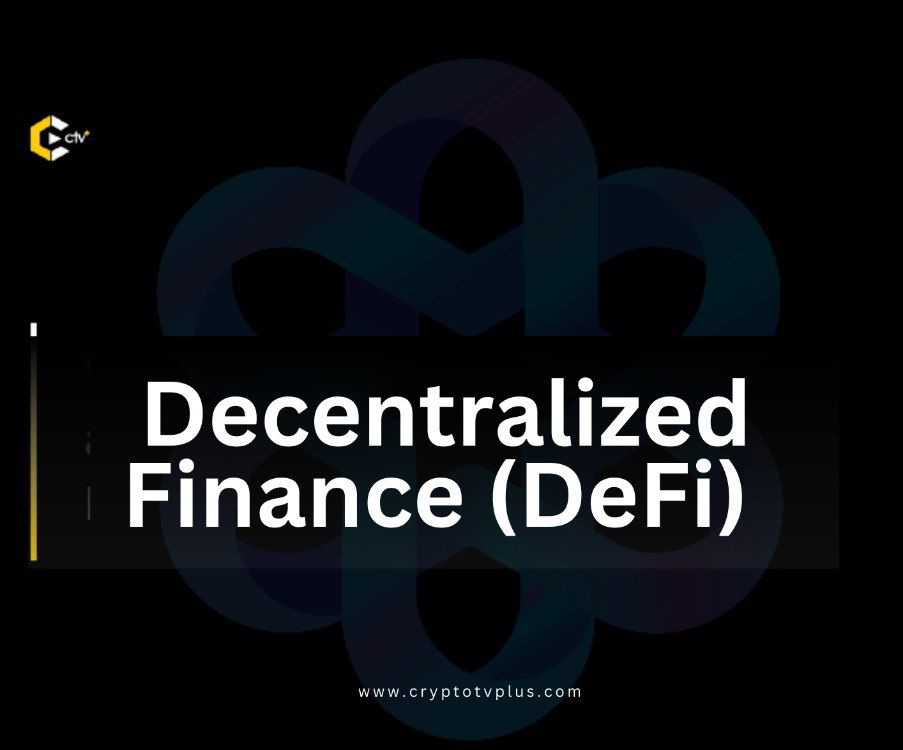
Decentralized Finance (DeFi) has emerged as a revolutionary concept in the financial world. It refers to an alternative financial system built on blockchain technology that operates independently from traditional institutions and intermediaries such as banks, governments, or other centralized entities.
The decentralized nature of DeFi eliminates many of the limitations associated with conventional finance like complex regulations, fees, delays, and restricted access for people without proper credentials. Instead, it offers transparent solutions based on smart-contracts programming which ensures fast processing times while minimizing operational costs.
Moreover, this new model enables small businesses to raise funds via token sales, tokenization & liquidity pools thereby democratizing investment opportunities and making them available at scale.
One crucial aspect that makes DeFi particularly attractive is its potential security measures against fraudsters: since all transactions are recorded publicly within the immutable ledger provided by Blockchain Technology there can be no alteration nor modification once added – thus ensuring complete transparency throughout each stage involved in conducting any transaction safely over internet connectivity regardless where users might reside across global locations today!
In the DeFi ecosystem, users have access to a whole new world of financial possibilities. They can engage in lending and borrowing activities, trade assets on decentralized exchanges (DEXs), invest in yield farming opportunities or participate in liquidity pools using cryptocurrencies like Bitcoin and Ether.
What makes this system unique is that all transactions are recorded on public blockchain networks such as Ethereum which enhances transparency by allowing anyone with an internet connection to view transaction history. This feature increases accountability too because no one entity controls the network; instead, governance decisions regarding changes made to the codebase happen through community voting mechanisms.
DeFi is a novel technology that allows people to access financial services without relying on intermediaries such as banks, brokers, or other traditional financial institutions. It leverages blockchain-based smart contracts to automate complex transactions in an open and transparent manner.
Compared with centralized finance systems, DeFi offers users more control over their funds while providing higher levels of security due to its decentralized nature. Additionally, it eliminates costly middlemen fees from third-party providers like lawyers, accountants, or bankers by allowing peer-to-peer interactions between individuals globally.
Crucially, DeFi also aims at democratizing finance for everyone regardless of social status or location- making it accessible to even those who were previously excluded from the formal economy because they lacked identification documents required under KYC rules set up by the traditional banking system.
By enabling anyone with an internet connection — anywhere in the world — to participate freely in lending/borrowing activities via digital assets like cryptocurrencies instead of using fiat currency limited through geographical borders controlled strictly by governments/taxation authorities; DeFi has become one promising tool that can challenge conventional forms, centralized structures which have long been criticized for inequality based on socio-economic disparities among citizens across different countries/regions worldwide!
Closing thoughts
The DeFi movement has created a new breed of applications that leverages blockchain technology to create decentralized alternatives for traditional financial services. These apps are designed to remove the need for intermediaries, reduce costs and fees, and increase transparency and security while providing access to anyone with an internet connection.
Some popular examples of DeFi applications include:
- Decentralized exchanges (DEXs): DEXs enable peer-to-peer trading without relying on centralized platforms like Coinbase or Binance. They provide users with control over their private keys as well as lower transactional fees.
- Lending platforms: This allows investors to lend out their crypto assets in return for interest payments from borrowers who use these funds elsewhere within this ecosystem.
- Prediction markets: A market where participants bet on the outcome of events such as elections or sporting events using cryptocurrency.
- Asset management tools: Platforms based around issuance/redeeming/trading digital tokens backed by different types of the underlying collateral(examples could be gold-backed tokens).
The DeFi ecosystem continues its rapid evolution rate which is driven by innovative developer communities pushing forward ideas at lightning speed!





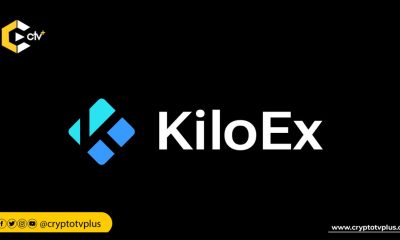

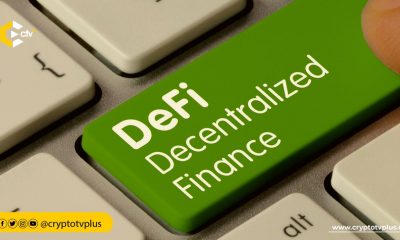

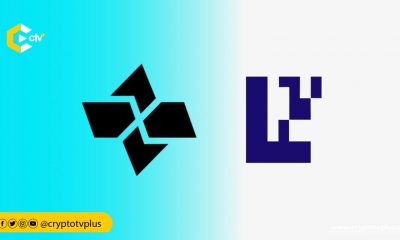

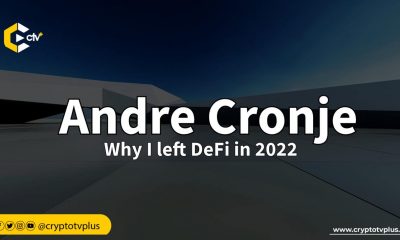

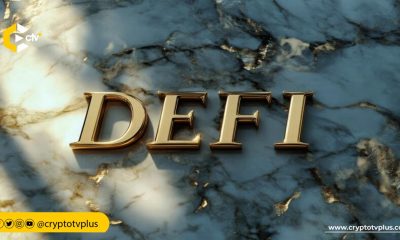











Pingback: What's Decentralized Finance (DeFi)? - mo9ies
Pingback: What's Decentralized Finance (DeFi)? - Coinpalms
Pingback: What is Decentralized Finance (DeFi)? by Marvelous Akpere – CryptoTvplus Events: NFT, DeFi, Bitcoin, Ethereum, Altcoin Events
Pingback: What is Decentralized Finance (DeFi)? - CryptoHubLive.com
Pingback: What is Decentralized Finance (DeFi)? – Block Patriot